The MZ generation in South Korea, a term combining Millennials and Generation Z, has emerged as a powerful cultural and economic force reshaping the country’s social landscape. Born between the early 1980s and late 2000s, this demographic cohort is characterized by its digital nativity, progressive values, and a distinct approach to work, consumption, and social interaction. Unlike previous generations, the MZ generation prioritizes individuality, work-life balance, and social justice, often challenging traditional norms and expectations.
The MZ generation’s influence is most visible in the realm of consumer behavior. These young Koreans are driving trends in fashion, beauty, and technology, favoring brands that align with their values of sustainability and authenticity. Fast fashion is losing its appeal as more young consumers opt for eco-friendly and ethically produced goods. The rise of platforms like Karrot Market, a second-hand trading app, underscores their preference for circular economies. Similarly, the popularity of veganism and cruelty-free products reflects their heightened environmental and ethical consciousness.
Work culture is another area where the MZ generation is making waves. Rejecting the "ppalli ppalli" (hurry hurry) mentality of their parents’ generation, they demand flexibility and purpose in their careers. The traditional model of lifetime employment at a single company is no longer aspirational. Instead, many pursue freelance work, startups, or side hustles, valuing autonomy over stability. This shift has forced corporations to adapt, with some introducing four-day workweeks or remote work options to attract young talent. The phrase "quiet quitting"—doing the bare minimum at work—has gained traction among MZ workers disillusioned with exploitative labor practices.
Politically and socially, the MZ generation is vocal and activist-minded. They played a pivotal role in recent elections, mobilizing through social media to support candidates advocating for gender equality, LGBTQ+ rights, and economic reform. Online communities like DC Inside and Blind serve as platforms for political discourse, where young Koreans critique societal issues with unfiltered candor. Their activism extends to global causes, with many participating in climate strikes or boycotting brands linked to human rights violations. This generation’s willingness to challenge authority has unsettled older conservatives, sparking intergenerational tensions.
Technology is the lifeblood of the MZ generation. Having grown up with smartphones and high-speed internet, they are adept at navigating digital spaces for both leisure and activism. Social media platforms like Instagram and TikTok dominate their daily routines, influencing everything from travel destinations to dietary choices. The line between online and offline identities is increasingly blurred, as seen in the rise of "flex culture," where curated digital personas are as important as real-life achievements. Esports and virtual influencers have also gained mainstream acceptance, reflecting their comfort with digital realities.
Despite their progressive image, the MZ generation faces significant challenges. Skyrocketing housing prices, precarious employment, and intense academic competition have left many feeling disillusioned. The term "Hell Joseon"—a satirical label comparing modern Korea to the rigid class system of the Joseon dynasty—resonates deeply with young adults struggling to secure a foothold in society. Mental health issues are rampant, with surveys showing alarming rates of depression and anxiety. Yet, even in adversity, their resilience shines through in creative forms of self-expression, from webtoons critiquing societal pressures to viral dance challenges that offer temporary escape.
The cultural output of the MZ generation is redefining Korea’s global image. Beyond K-pop and K-dramas, young creators are producing indie music, avant-garde films, and streetwear that blend Korean traditions with global youth culture. The success of events like Seoul Fashion Week and the Busan International Film Festival’s indie lineup highlights their growing clout. Unlike the state-driven Hallyu (Korean Wave) of the past, this organic cultural expansion is grassroots and decentralized, often bypassing traditional gatekeepers through platforms like YouTube and SoundCloud.
As the MZ generation comes of age, its impact on Korean society will only deepen. Already, they’ve compelled industries to innovate, politicians to listen, and elders to reconsider long-held beliefs. Their fusion of global perspectives with local identity creates a dynamic tension that propels South Korea forward. While older generations may view them as rebellious or entitled, history may remember them as the cohort that dragged a conservative nation into a more equitable and imaginative future. One thing is certain: underestimating them would be a mistake.

By Eric Ward/Apr 19, 2025
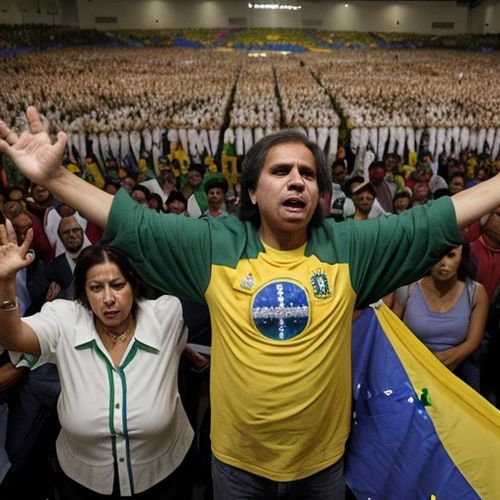
By James Moore/Apr 19, 2025

By Daniel Scott/Apr 19, 2025
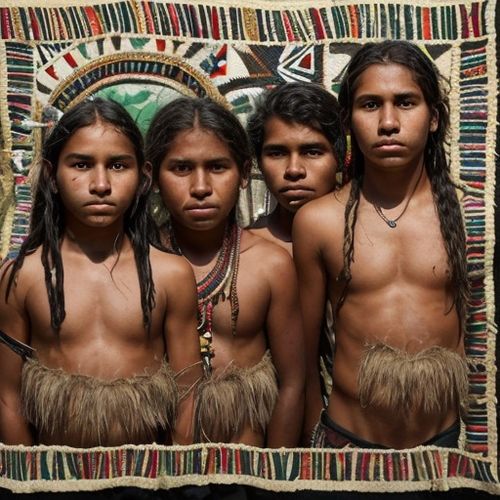
By George Bailey/Apr 19, 2025
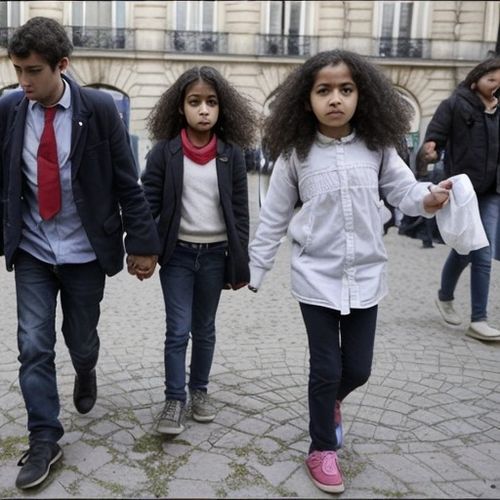
By Amanda Phillips/Apr 19, 2025

By Amanda Phillips/Apr 19, 2025

By Joshua Howard/Apr 19, 2025
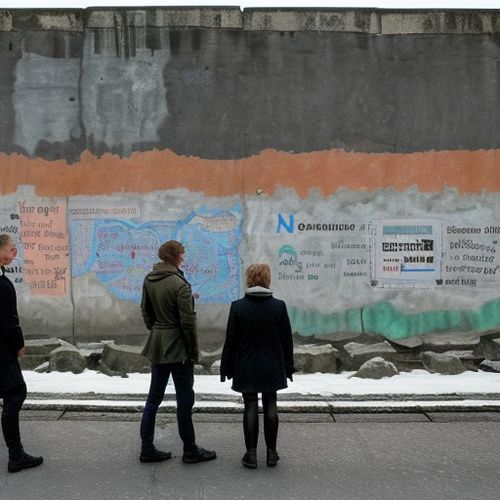
By Thomas Roberts/Apr 19, 2025

By Thomas Roberts/Apr 19, 2025

By Noah Bell/Apr 19, 2025
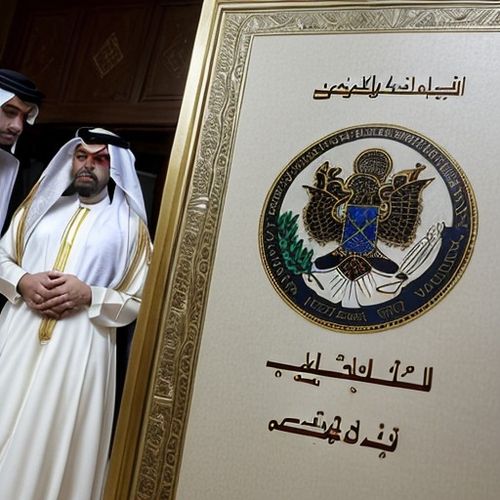
By James Moore/Apr 19, 2025
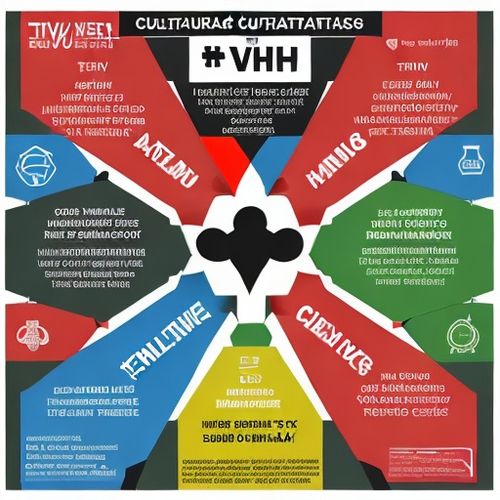
By Rebecca Stewart/Apr 19, 2025
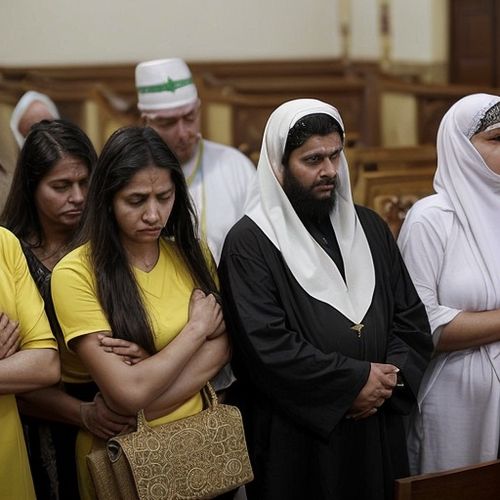
By Noah Bell/Apr 19, 2025
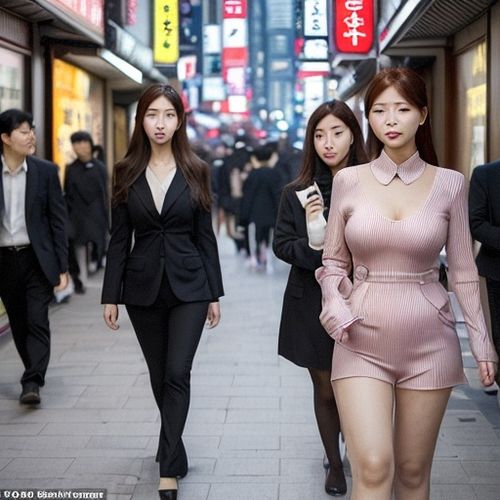
By Elizabeth Taylor/Apr 19, 2025

By Benjamin Evans/Apr 19, 2025
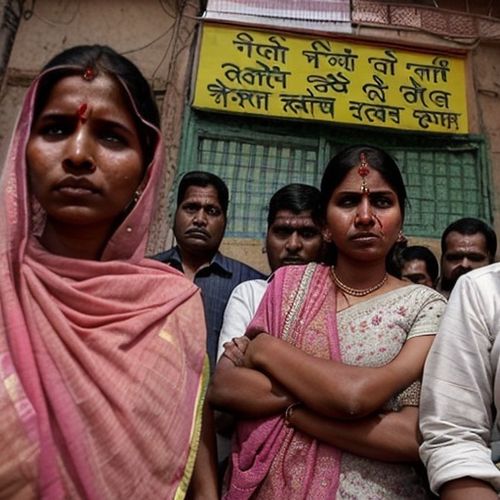
By Laura Wilson/Apr 19, 2025

By Victoria Gonzalez/Apr 19, 2025

By Laura Wilson/Apr 19, 2025
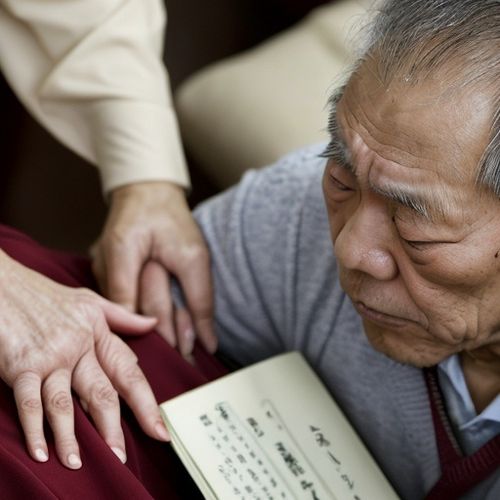
By Laura Wilson/Apr 19, 2025

By Sophia Lewis/Apr 19, 2025